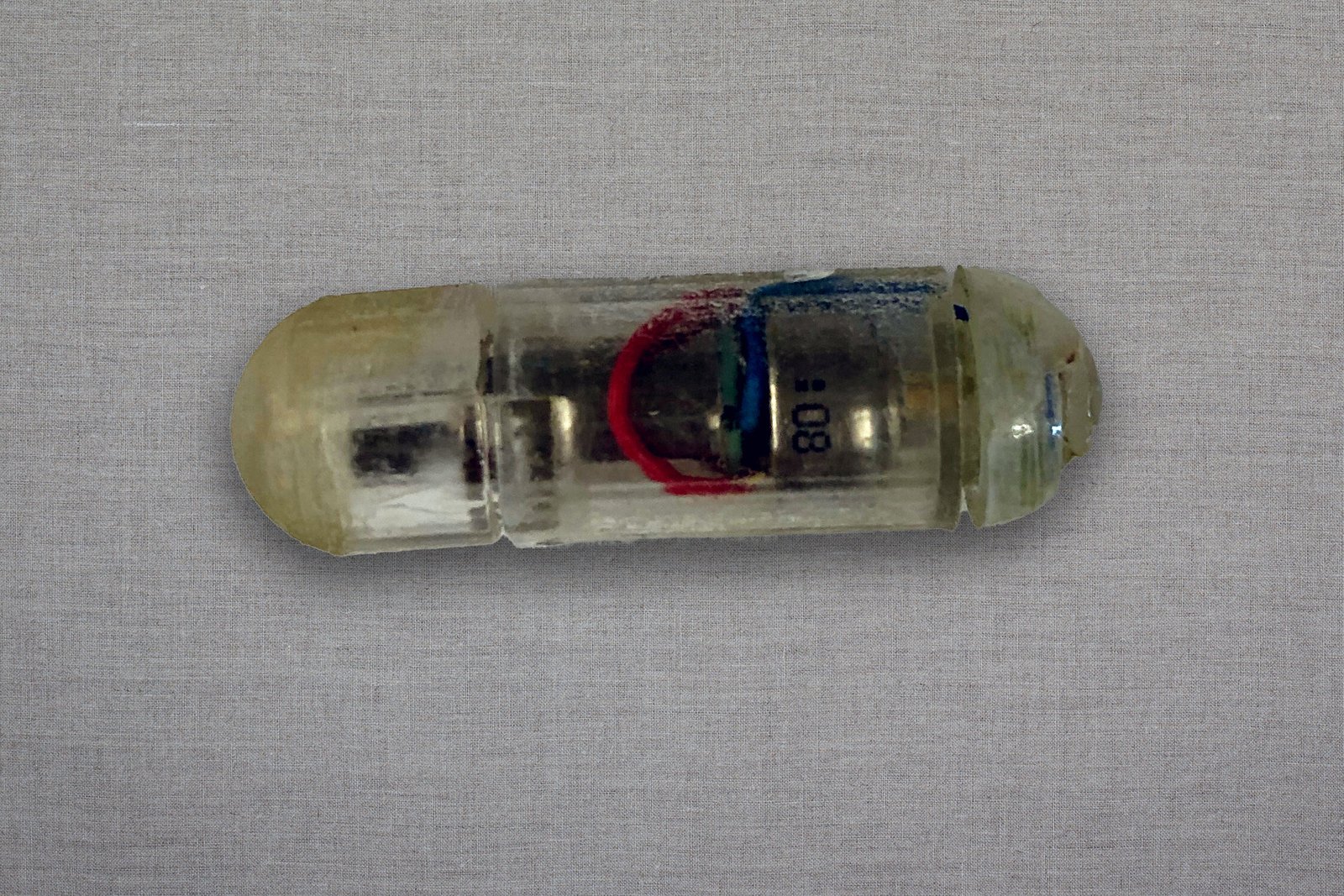A new study has found that the brain system enabling us to inhibit our own pain changes with age, and that gender-based differences in those changes may lead females to be more sensitive to moderate pain than males as older adults.
Researchers used fMRI scans to examine brain responses in men and women who had rated the intensity and unpleasantness of pain during exposure to increasing levels of heat. The results suggested that established gender differences in pain perception could likely be traced at least in part to this brain network, and offered new evidence that those gender differences may become more disparate with age.
“The most novel part of this study is looking at gender by age,” said lead study author Michelle Failla, assistant professor in the College of Nursing at The Ohio State University. “Most of the work characterizing which regions in the brain respond to pain have been done in people aged 18 to 40. We want to understand what’s happening between the ages of 30 and 90 years old because that’s when people are beginning to experience chronic pain.”

The study was published recently in The Journal of Pain.
Plenty of previous research has shown that females are more sensitive to pain than males, but the brain regions and functions behind the gender differences in pain perception have mostly remained a mystery. And in later adulthood, when risk for chronic pain is higher and our tolerance for pain drops, even less about the brain’s role in pain perception is known.
In this study, the researchers specified that they holistically examined gender-based differences that may relate not just to biological sex, but also to social factors that influence how people respond to pain.
The imaging component of the study zeroed in on the descending pain modulatory system (DPMS), a hub of brain regions that communicate with each other to engage signal transmission—including activation of opioid receptors—that enables us to reduce our own pain.
The study sample included 27 females and 32 males between ages 30 and 86 who were asked to report when applied heat reached levels of just-noticeable, weak and moderate pain and to rate how unpleasant each level felt. Researchers used the fMRI imaging to observe DPMS activity that corresponded with each participant’s individual pain response.
“There are different brain regions involved in those distinctions between perception of pain intensity and unpleasantness, so we thought it was important to look at both and see how those brain regions are recruited during pain,” said Failla, also an investigator in the Center for Healthy Aging, Self-Management and Complex Care in Ohio State’s College of Nursing.
Results showed that a few regions within the brain’s pain modulatory system did indicate a gender-by-age difference: At the moderate pain level, men showed an increased DPMS response with older age, while as women aged, the DPMS response decreased. A decreased response in the brain is presumed to translate into a lower ability to harness our own physiological functions to reduce our pain.
More information:
Michelle D. Failla et al, Gender Differences in Pain Threshold, Unpleasantness, and Descending Pain Modulatory Activation Across the Adult Life Span: A Cross Sectional Study, The Journal of Pain (2023). DOI: 10.1016/j.jpain.2023.10.027
Citation:
Brain changes behind pain sensitivity may affect older women more (2024, January 31)
retrieved 31 January 2024
from https://medicalxpress.com/news/2024-01-brain-pain-sensitivity-affect-older.html
This document is subject to copyright. Apart from any fair dealing for the purpose of private study or research, no
part may be reproduced without the written permission. The content is provided for information purposes only.










